Kinhtedothi - The Electricity Law stipulates a gradual reduction and eventual elimination of cross-subsidy in electricity prices between customer groups, regions, and areas in accordance with the level of a competitive electricity market.
On the afternoon of November 30, at the 8th Session, the 15th National Assembly passed the Electricity Law (amended). The Law takes effect from February 1, 2025.
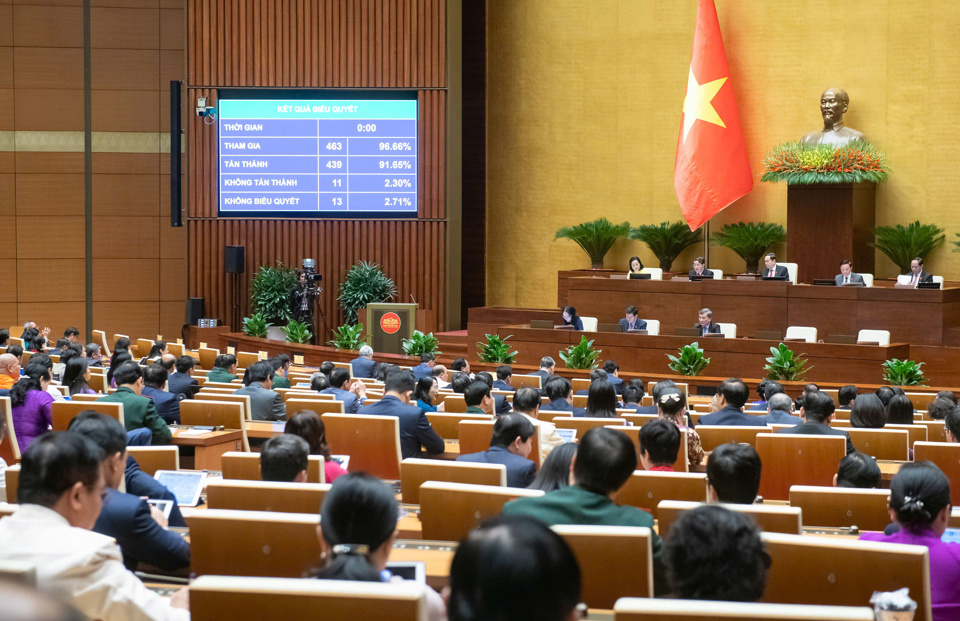
Guaranteed electricity prices encourage efficient and economical use of electricity.
The Electricity Law stipulates policies on electricity prices and electricity service prices to ensure that they reflect reasonable and valid costs of electricity production and business activities of electricity units; create conditions for economic sectors to invest in electricity development with reasonable profits, save energy resources, use renewable energy and new energy in electricity activities, contributing to promoting socio-economic development, especially in rural areas, ethnic minority areas, mountainous areas, border areas, islands and areas with particularly difficult socio-economic conditions.
Electricity prices are implemented according to market mechanisms with State regulation in accordance with the level of competitive electricity market; electricity prices ensure encouragement of efficient and economical use of electricity.
Implement a reasonable and gradually reducing electricity retail price structure, moving towards eliminating cross-subsidy of electricity prices between customer groups that do not participate in the competitive electricity retail market when they are not eligible to participate or do not choose to participate in buying and selling electricity in the competitive electricity retail market; Gradually reduce and move towards eliminating cross-subsidy of electricity prices between customer groups, regions, and areas in accordance with the level of the competitive electricity market.
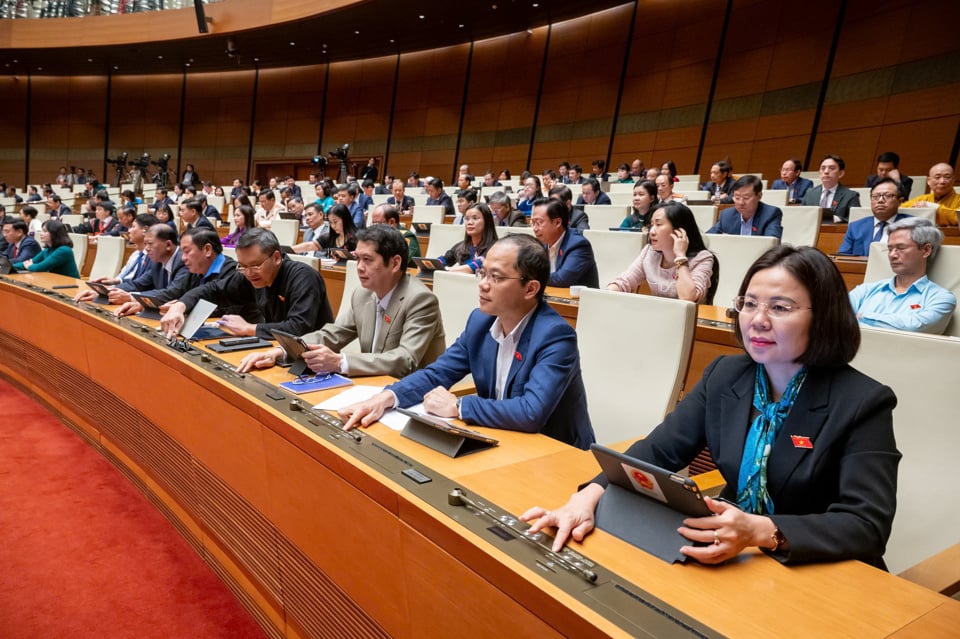
Electricity prices ensure transparency, fairness and equality.
The Law ensures the right to self-determination of electricity purchase and sale prices not exceeding the electricity price framework and retail electricity price structure prescribed by the State; ensures the legitimate rights and interests of electricity units and electricity customers. Electricity prices are guaranteed to be implemented publicly, transparently, equally, and without discrimination between electricity units; and builds an appropriate electricity price mechanism for specific customer groups according to the State's policies in accordance with the socio-economic development situation in each period.
The retail electricity price is determined by the electricity retailer based on the electricity price policy, the price frame of the average retail electricity price, the mechanism for adjusting the average retail electricity price and the structure of the retail electricity price table. The retail electricity price is specified in detail for each group of electricity customers in accordance with the socio-economic situation of each period and the level of the competitive electricity market, including: production, business, administrative career, and daily life.
Time-of-use electricity retail prices are applied to eligible electricity customers, including peak, off-peak and normal hour retail prices.
For household customers, the retail price of household electricity is applied in increasing steps for customers who are not eligible to participate or do not participate in buying and selling electricity on the electricity market.

Moving towards eliminating cross-subsidy in electricity prices
Regarding the authority to develop, submit, approve and decide on electricity prices, the Government shall prescribe the mechanism and time for adjusting the average retail electricity price; the Prime Minister shall prescribe the structure of the retail electricity price table and the price framework of the average retail electricity price.
The Ministry of Industry and Trade shall develop and submit to the Prime Minister for decision on electricity prices in rural, mountainous, border, and island areas not yet connected to the national grid, in accordance with the level of the competitive electricity market; a roadmap for reducing cross-subsidy in electricity prices according to regulations; a roadmap for improving the structure of retail electricity prices, including retail electricity prices with many components, of which there are at least 2 components such as capacity price, electricity price, fixed price, variable price or other price components (if any) applied to customer groups when technical conditions permit; an appropriate electricity price mechanism for groups of electricity customers according to regulations.
The basis for setting electricity prices includes: electricity price policy; socio-economic development conditions of the country; electricity supply and demand relationship; reasonable electricity production and business costs and reasonable profits of the electricity unit; competitive electricity market level; annual audited financial statements of the electricity unit.
In addition, retail electricity prices are reflected and adjusted promptly according to actual fluctuations in input parameters, compensating for reasonable and valid costs with reasonable profits to preserve and develop business capital of enterprises in accordance with the socio-economic conditions of each period and the level of competitive electricity market. When the retail electricity market is operating, retail electricity prices are implemented according to market mechanisms.
Source: https://kinhtedothi.vn/luat-dien-luc-giam-dan-tien-toi-xoa-bo-bu-cheo-gia-dien.html


![[Photo] Children's smiles - hope after the earthquake disaster in Myanmar](https://vstatic.vietnam.vn/vietnam/resource/IMAGE/2025/4/14/9fc59328310d43839c4d369d08421cf3)
![[Photo] Touching images recreated at the program "Resources for Victory"](https://vstatic.vietnam.vn/vietnam/resource/IMAGE/2025/4/14/99863147ad274f01a9b208519ebc0dd2)

![[Photo] Opening of the 44th session of the National Assembly Standing Committee](https://vstatic.vietnam.vn/vietnam/resource/IMAGE/2025/4/14/03a1687d4f584352a4b7aa6aa0f73792)
![[Photo] General Secretary To Lam chairs the third meeting to review the implementation of Resolution No. 18-NQ/TW](https://vstatic.vietnam.vn/vietnam/resource/IMAGE/2025/4/14/10f646e55e8e4f3b8c9ae2e35705481d)













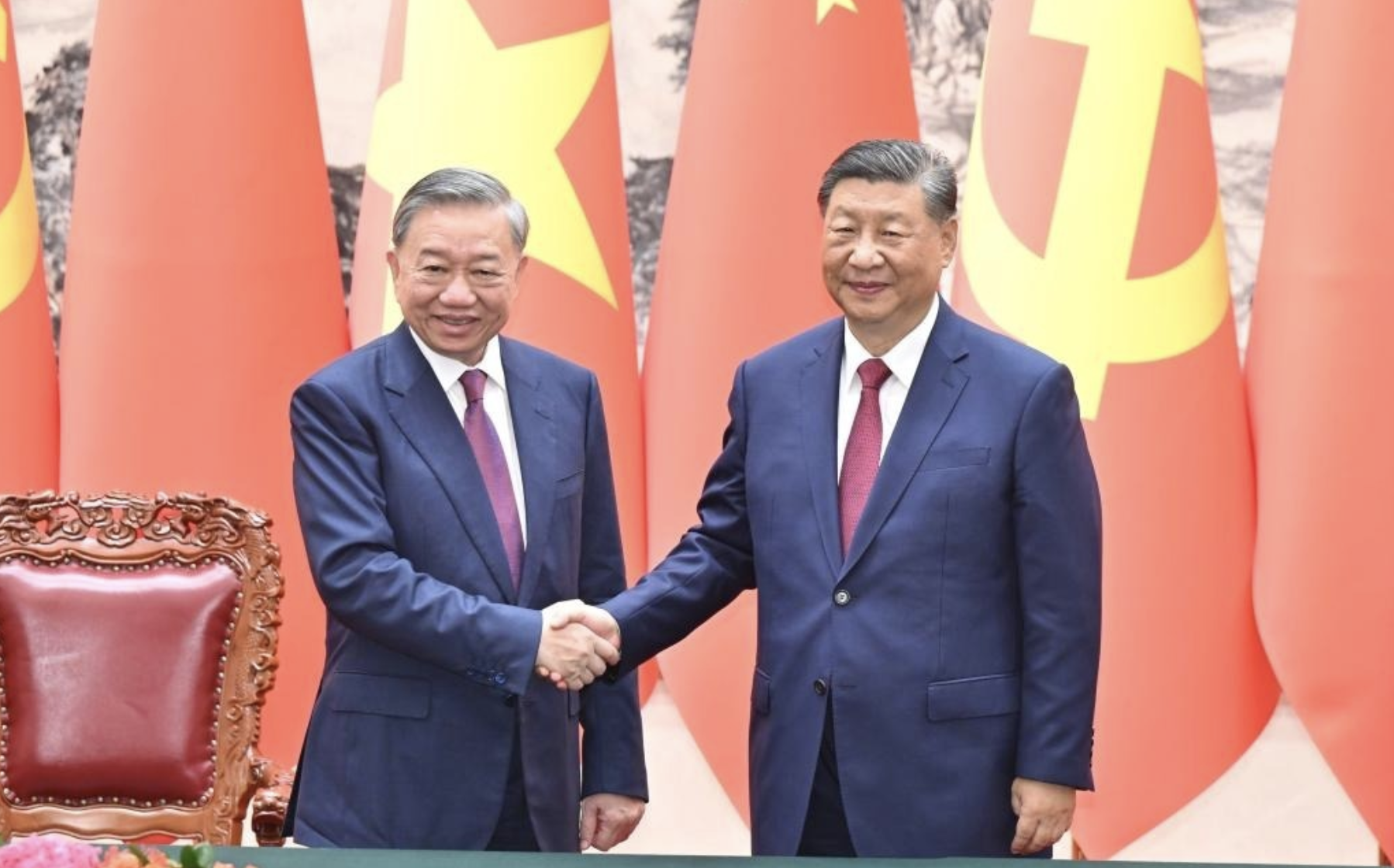














































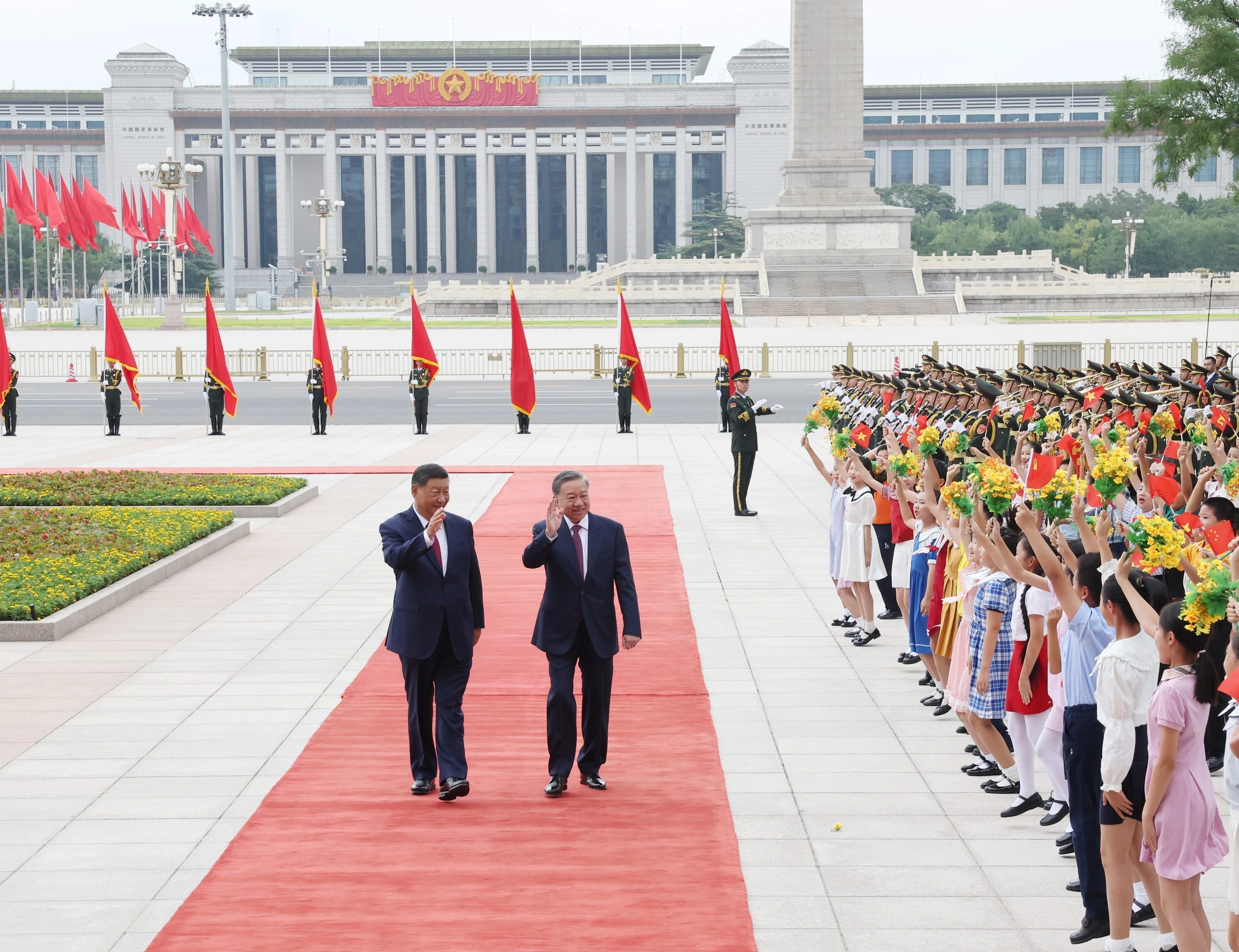
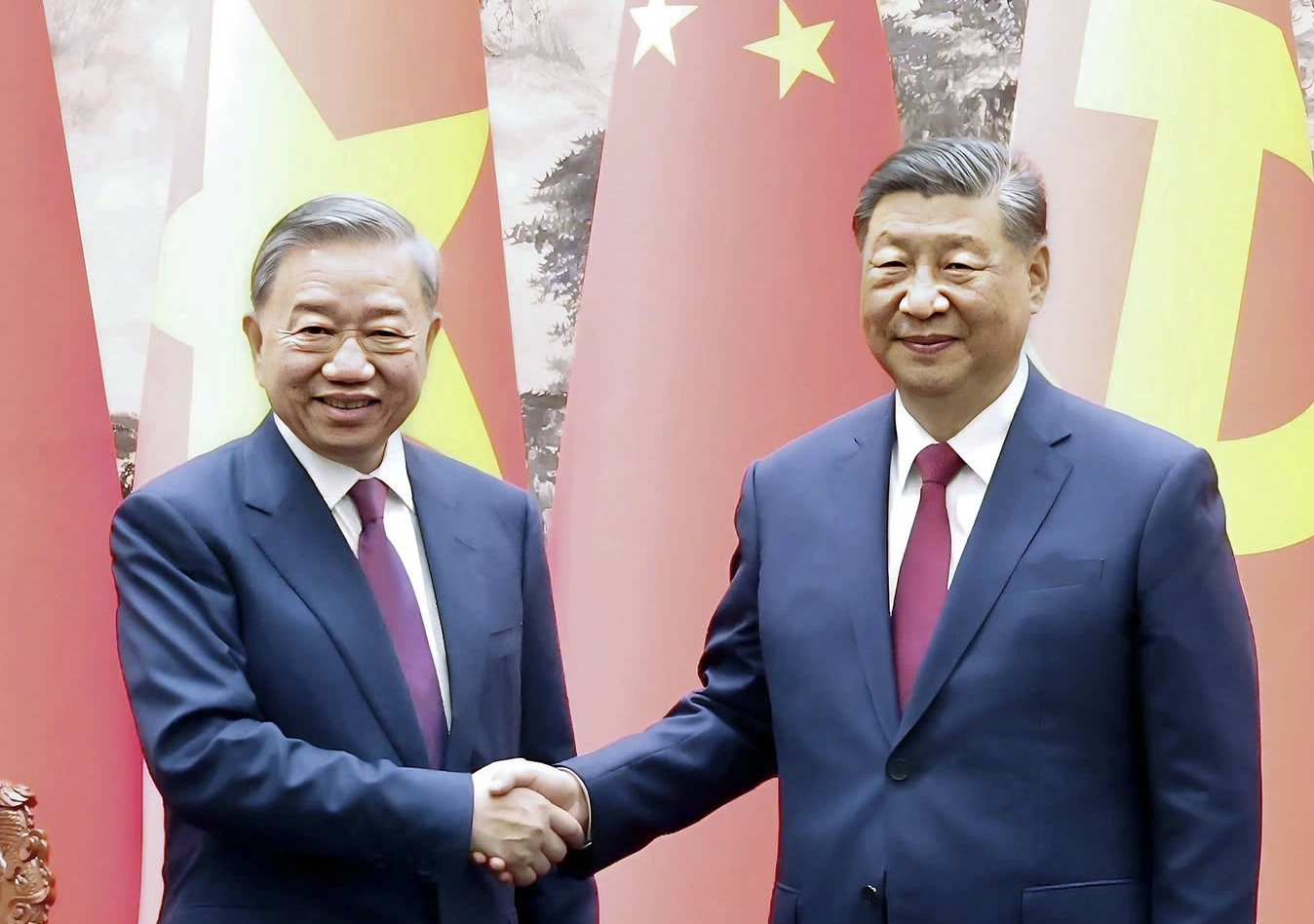












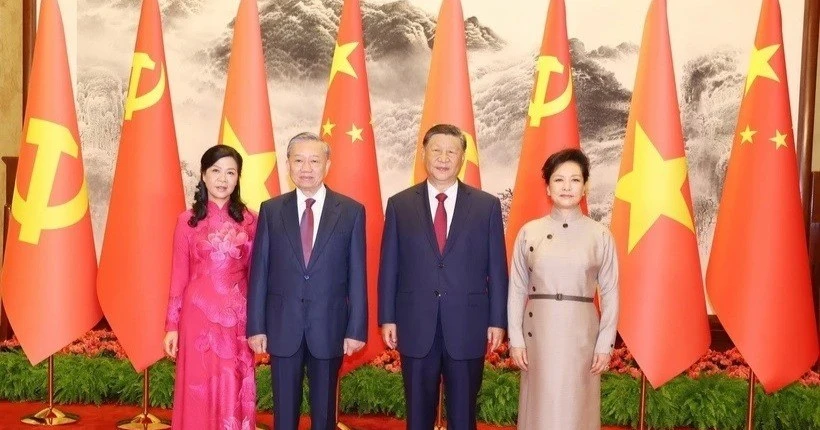












Comment (0)